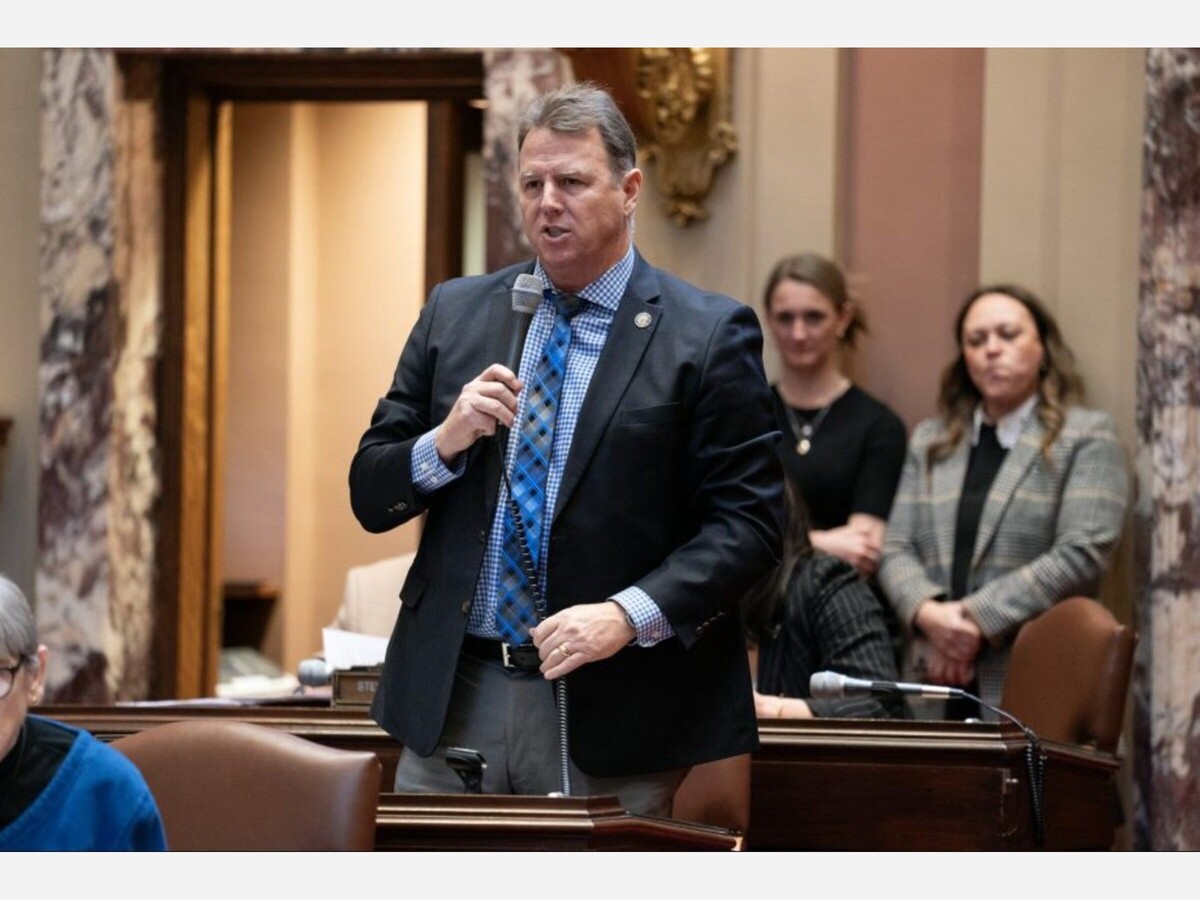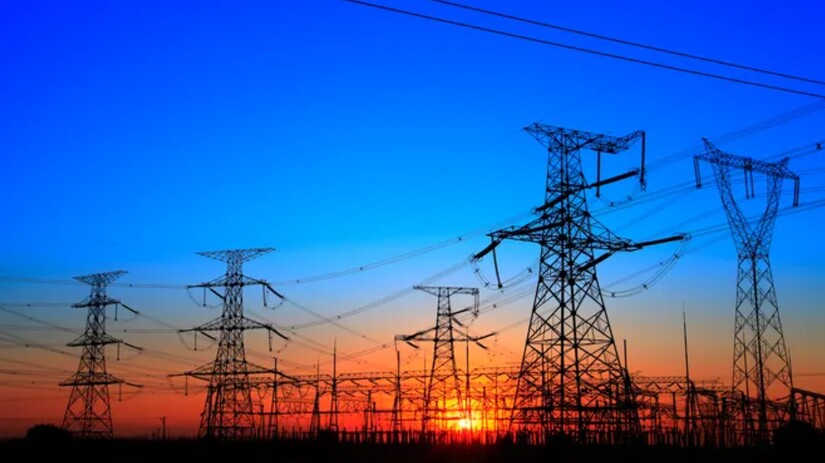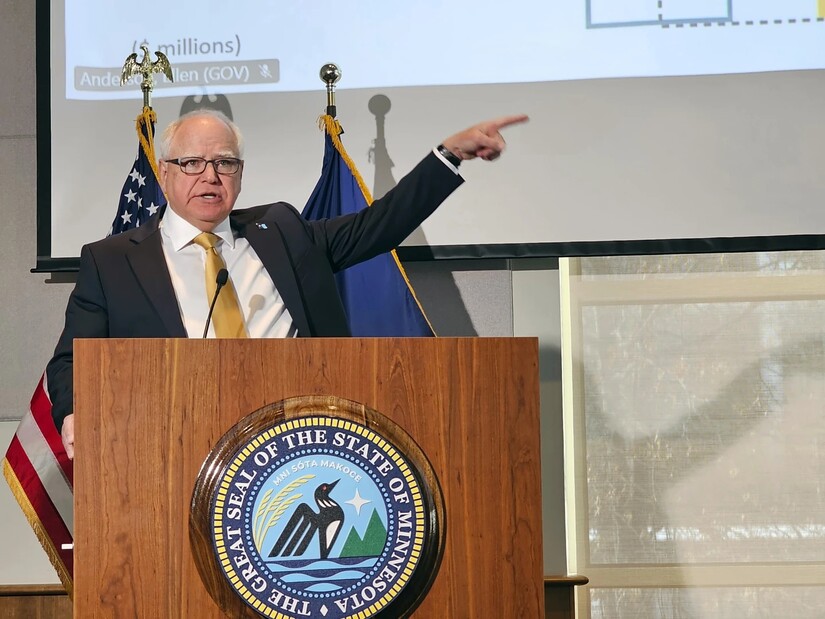Image


Minnesota senator calls DOE decision “one of the worst in many years,” says cancellation will raise energy bills, cost jobs, and undermine clean power goals.
SAINT PAUL, Minn. — October 5, 2025
Minnesota State Senator Nick Frentz (DFL–North Mankato) is sharply criticizing the U.S. Department of Energy (DOE) for cancelling a $464 million federal grant that was set to fund major transmission line upgrades across Minnesota and six other Midwestern states.

The grant — originally approved in 2023 under the DOE’s Grid Resilience and Innovation Partnerships (GRIP) program — was part of a $7.5 billion nationwide rollback of clean energy and infrastructure funding announced by the Trump administration this week. The cancellation affects 12 projects in Minnesota, including the largest one: a multi-state transmission project designed to modernize the regional grid, improve reliability, and expand access to low-cost renewable energy.
“This is one of the worst decisions the DOE has made in many years,” said Sen. Frentz, who chairs the Minnesota Senate Energy, Utilities, Environment and Climate Committee. “It means Minnesotans’ electric bills will be higher, jobs will be lost, and our energy will emit more carbon, not less. Beyond that, the costs of climate change will be even greater, and the state’s energy grid will be less reliable.”
According to federal officials, the rescinded projects “did not adequately advance the nation’s energy needs, were not economically viable, and would not provide a positive return on investment of taxpayer dollars.”
Minnesota officials, however, strongly dispute that reasoning. They argue that the funding had already been lawfully awarded after extensive review and was critical to strengthening the regional energy grid at a time of increasing demand and severe weather.
The cancelled transmission lines would have crossed Minnesota, South Dakota, North Dakota, Iowa, Missouri, Nebraska, and Kansas, carrying large amounts of affordable wind energy to homes and businesses. Advocates say the projects would have improved reliability, reduced carbon emissions, and helped protect consumers from power disruptions and price spikes.
“The work that’s already been done to bring these projects this far is now wasted,” Frentz said. “Utility customers who were supposed to benefit will instead have to pay more. This will hit Minnesotans in the pocketbook.”
The Minnesota Department of Commerce, which led the state’s grant application, issued a statement expressing “deep concern” over the cancellation, calling it “a potentially unlawful reversal of federally obligated energy funds.” The department suggested the move “appears targeted at blue states,” referencing reports that most rescinded projects were located in states that supported Vice President Kamala Harris in the 2024 election.

Governor Tim Walz also condemned the decision, calling it “a political weaponization of federal funding.”
“Clean energy infrastructure should never be a partisan issue,” Gov. Walz said. “This decision puts politics ahead of progress — and Minnesotans will pay the price.”
Energy analysts note that the cancelled project represented a significant step toward integrating the Midwest’s growing wind and solar capacity. Without it, Minnesota utilities may need to invest more heavily in fossil generation or delay renewable energy expansion to maintain grid reliability.
The DOE cancellations are part of a sweeping effort to eliminate or reallocate over 300 federal clean energy awards nationwide. Some projects — including battery storage facilities and hydrogen hubs — are now in limbo as state agencies and utilities consider legal appeals.
Under DOE guidelines, recipients of terminated awards have 30 days to appeal the decision. The Minnesota Department of Commerce and other stakeholders are reportedly exploring all available options to restore the funding.
“Clean, reliable, and affordable energy is critical to Minnesota families and to our state’s economic future,” Frentz said. “By making these unwise cuts in approved transmission investments, the DOE is putting us at future risk of the debilitating brownouts that have hurt Texas and put that state’s residents in danger. These cuts are simply wrong.”
Frentz added that despite the setback, Minnesota will “continue fighting to ensure the state remains a national leader in the clean energy transition.”